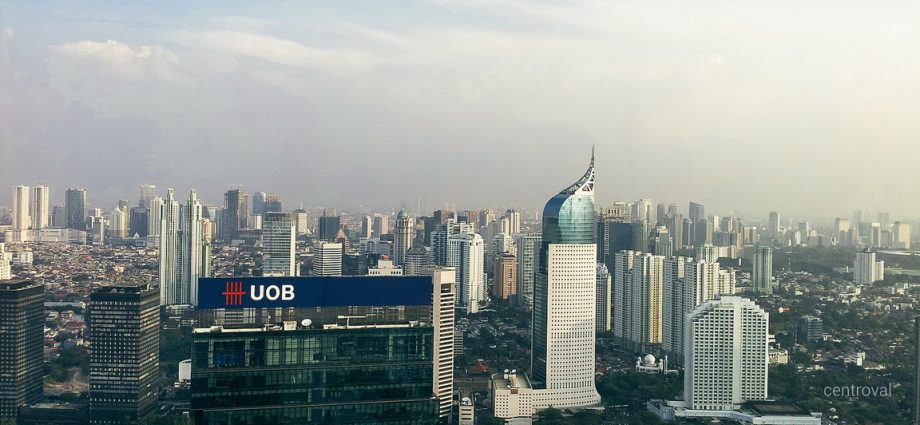Early-stage venture capital firm Kinesys Group, which has a focus on the startup ecosystem of Indonesia, recently announced that it intends to establish a fund of US$20 million aimed at supporting early-stage startups in Indonesia’s startup landscape, especially those active in the consumer retail space. Besides the announcement of its intention to invest in Indonesia’s local startups, the VC firm also proclaimed that it had made Steven Vanada – a deeply experienced investor whose last appointment was as an executive director at CyberAgent Capital, a venture capital firm based in Japan with a focus on Internet-related businesses with global market potential – a managing partner for the firm as part of a broader move to develop and assist the growth of Indonesia’s startup environment.
Kinesys Group said that the Indonesia-focused US$20 million fund is aimed at early-stage Indonesian startups that have demonstrated the ability to run a sustainable long term business along with a concrete vision that details how they are going to achieve profitability. Each company that the venture capital firm invests in will be allocated funding amounting to US$500,000 per startup. Kinesys Group has thus far successfully closed up to seventy percent of the fund, and the target to close the fund is by March 2020. Some of the Indonesian startups that are under its portfolio include Wahyoo, a startup aimed at digitizing traditional small food businesses; Goola, a beverage startup co-founded by President Joko Widodo’s son, Gibran Rakabuming; Recharge, Indonesia’s first smart power bank sharing startup; Zenius, a leading edtech startup; and Umma, an app that is aimed at supporting the Indonesian Muslim community.
Kinesys Group was established by Yansen Kamto in 2019, with Patrick Walujo – co-founder and managing partner of Northstar Group, a leading private equity firm headquartered in Singapore with a focus on growth companies in Indonesia – serving as the firm’s advisor. According to Kamto and Vanada, the venture capital firm’s investing strategy lies mainly in the sectors of education, lifestyle, new retail, travel and entertainment in the country of Indonesia.
Vanada elaborated further by saying that one of the chief aims of Kinesys Group is to accelerate the digitalization of Indonesia’s market and economy by backing and investing in startups and companies that have have shown promise with their groundbreaking digital solutions and products that can contribute to helping on-board local businesses and companies into the digital economy. Vanada noted that Indonesia has already laid out a solid foundation for its digital infrastructure, which has enabled the growth and expansion of digitally-focused companies and systems that have propelled its economy forward, thus bringing about new avenues and opportunities to explore that were heretofore unfeasible even just a few years ago.
The gradual digitalization of the country’s economy has also spurred the growth of its burgeoning middle class, which has led to a substantial rise in consumer spending and purchasing power, added Kamto. As Indonesia’s economy continues its path of digitalization and its middle class continues to grow and expand, Kamto noted that new opportunities will present itself in which Kinesys Group will leverage on. For instance, he says that as the current transportation network is being expanded to accommodate the growth of the tourism sector, they can complement the development by providing solutions and services that offer a more customized and productive user experience.
As Indonesia continues to grow and expand its middle class and digital economy, early-stage venture capital firm Kinesys Group will look to support the country by accelerating the growth of its local startup ecosystem. With a US$20 million fund in hand, the VC firm will look to invest wisely in startups that have demonstrated the capability of running a sustainable business to fortify the country’s startup landscape.

